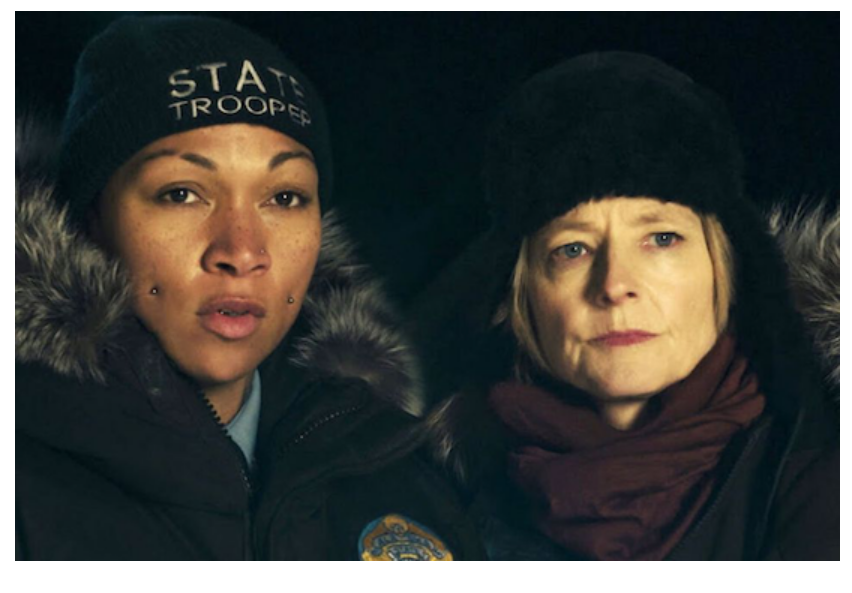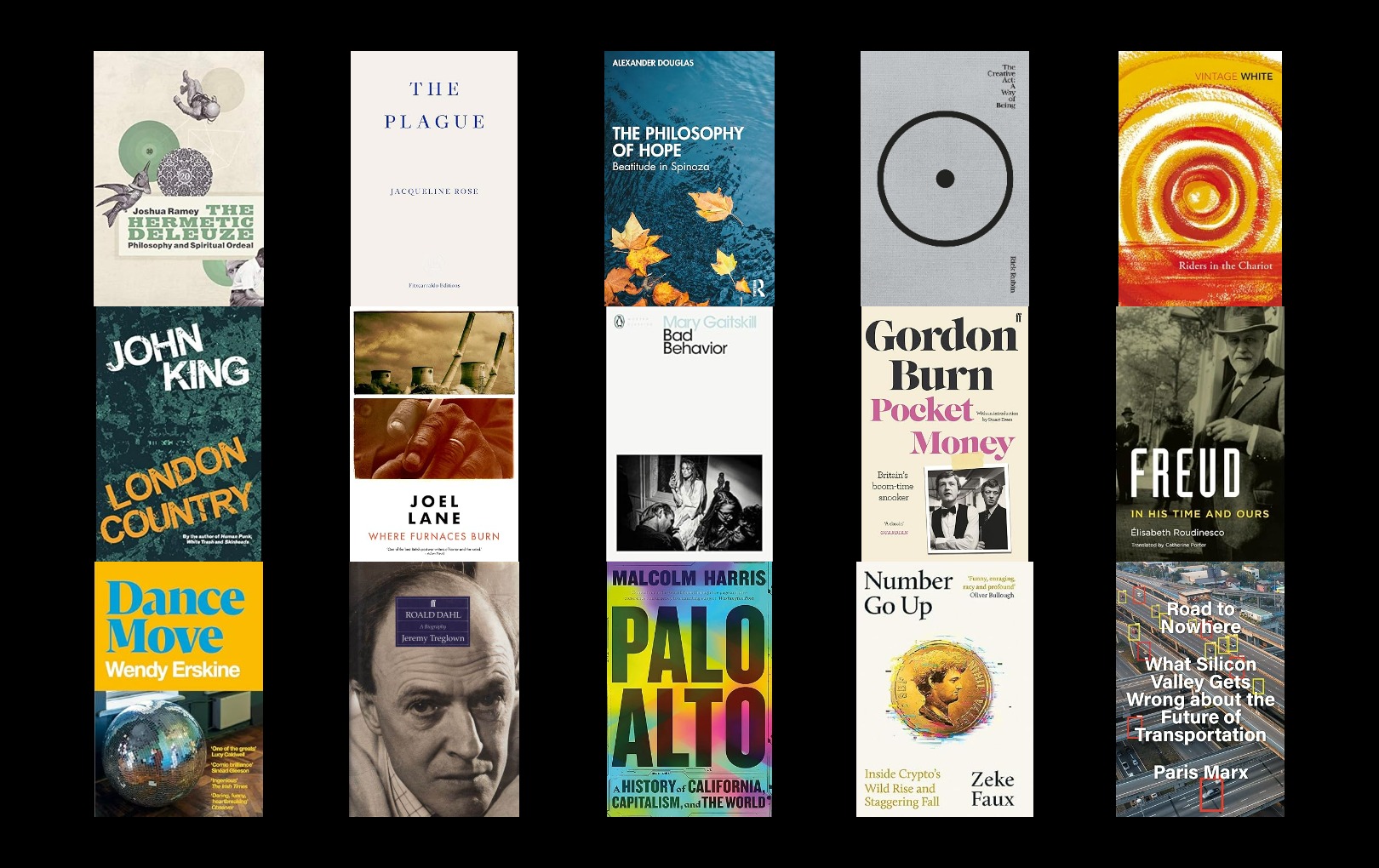
Brad Evans: I Know I Will Never Write a Better Book
If the measure of writing is to get as close as we can to the truth of existence, I know I will never write a
The conflict in Ukraine has now settled into the worst kind of dynamic for children and their families: intensive aerial bombardment of urban areas. Attacks on civilians and infrastructure are causing human hardship on a massive scale, with growing numbers of dead and injured. By now a quarter of the Ukraine population has fled the fighting. A disturbing new chapter in history is being written, the urgency of which cannot, and is not, being ignored.
At the same time, history is repeating itself elsewhere. Today the spectre of widespread hunger looms large over many countries like Afghanistan, Yemen and parts of the Sahel. As if that wasn’t bad enough, for the third time in little more than a decade a vast swathe of Somalia and the Horn of Africa is also facing possible famine. Tens of millions of children are at risk, not from the swift death of bombs and bullets, but from the slow agony of starvation. Great efforts are underway in Afghanistan and Yemen but aid is still far from sufficient in these places. Adequate funding is also not forthcoming to prevent the worst effects of what we know for certain will happen in the Horn of Africa. While humanitarian funding for Ukraine is thankfully abundant, for places like Somalia it is all but non-existent compared to the scale, severity, certainty and urgency of need.
History shows that dreadful human tragedies ensue when powerful leaders, and others with the commensurate agency to act, make excuses, become distracted or choose to look away. “If Not Now, When?” asked writer, Primo Levi, before he was captured and sent to Auschwitz – a place of starvation that, to my horrified younger imagination, so resembled the misery of the therapeutic feeding centres I first encountered in Somalia thirty years ago.
When confronted with famine in Somalia in mid-1992, President George H.W. Bush chose to intervene decisively as only the world’s most powerful leader could. The US-led intervention between December 1992 and May 1993 brought a semblance of order and secured the food distribution, but came far too late to prevent widespread loss of life – 300,000 souls were lost. In 2011, another 260,000 perished, after the world was too slow to act once more. By 2017, world leaders seemed to have learned from history. They acted decisively and in timely fashion to stave off the worst of famine.
Humanitarian action has always been about political action, often practiced with fluid pragmatism and a great deal of leadership courage. Ukraine aside, there seems to be a lot less of this to go around at present as the world recedes from notions of universal peace and international solidarity. That refugees and displaced numbers have been driven to their highest levels since the Second World War can be of no surprise: the world’s current penchant for political minimalism has begat a world of humanitarian minimalism. But political realism should not paralyse decisive action in support of all those in need.
It is always the role of humanitarians to push the world to act and not be idle bystanders in the face of great human tragedy. But if leaders struggle to replicate those actions they knew to be right from just five years past, how can humanity ever expect to truly learn from history. So, I ask this of today’s world leaders, preoccupied as you all necessarily are with the urgency of Ukraine: “Who among you will respond now, before it is too late, to the coming famine in the Horn of Africa?” I ask, as Primo Levi once did, “If Not Now When?”
Words by Gareth Owen. When the Music’s Over: Intervention, Aid and Somalia, is out June 14th.

If the measure of writing is to get as close as we can to the truth of existence, I know I will never write a

To accompany his latest piece with Tariq Goddard in The Quietus on True Detective Season 4 and the legacy of In The Dust of This Planet, Eugene

As another turbulent year draws to a close, the Repeater team put forward their favourite reads for the festive season. Publisher, Editor, and Author Tariq

If the measure of writing is to get as close as we can to the truth of existence, I know I will never write a

To accompany his latest piece with Tariq Goddard in The Quietus on True Detective Season 4 and the legacy of In The Dust of This Planet, Eugene

As another turbulent year draws to a close, the Repeater team put forward their favourite reads for the festive season. Publisher, Editor, and Author Tariq
